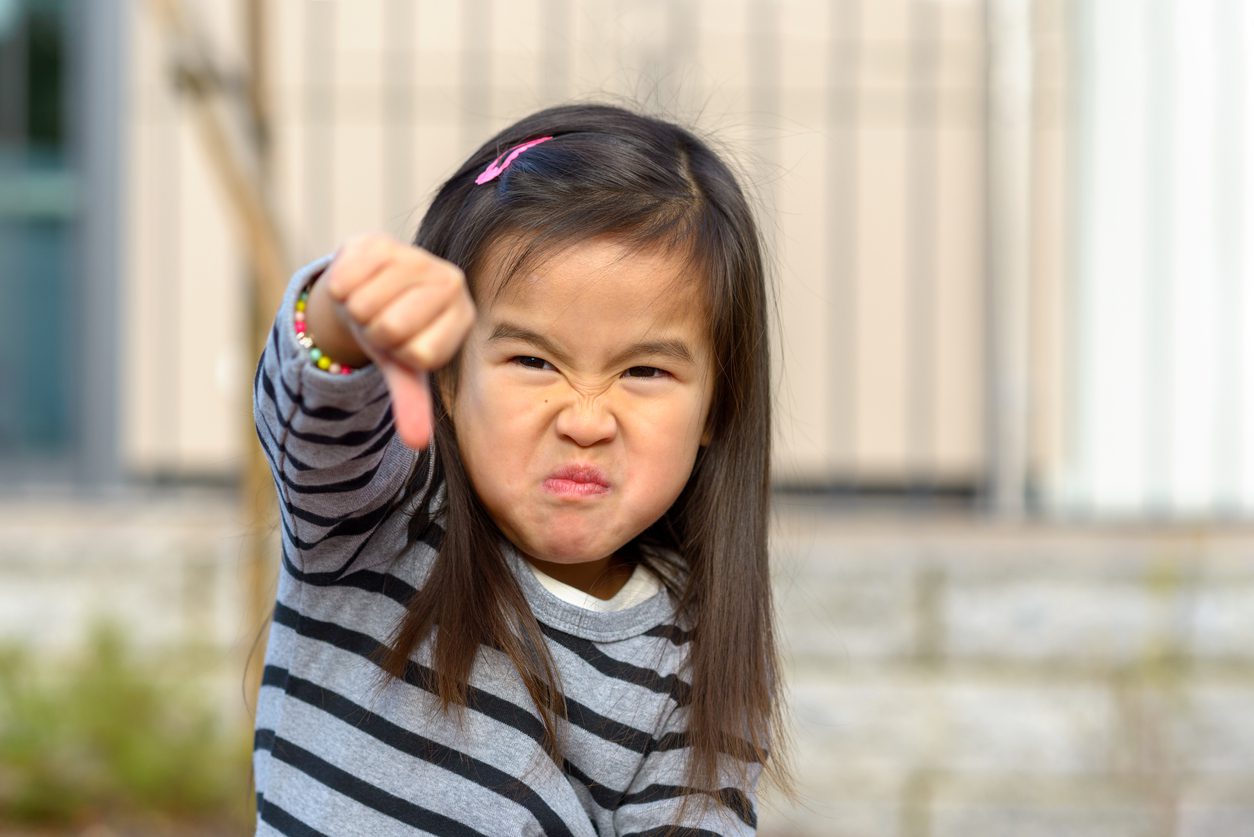“You should be more like that boy,” Dustin’s dad would tell him growing up. Talking with Dustin recently, he reflected on how his dad would always compare him to other boys his age. Dustin, now a college student struggling with anxiety and self-worth, explained with almost no emotion, “My dad would pick all the good things another boy would do—maybe achievements, or grades, or whatever—and ask, ‘Why can’t you be more like that?’”
Comparing children not only pushes your kid away from you but will also lead your kid to question his value. Ann Voskamp says, “Comparison is a thug that robs your joy. But it’s even more than that—comparison makes you a thug who beats down somebody…” We must never compare our kids to anything. Here are 3 types of comparisons that crush kids.
1. The Sibling Comparison
Never ask one of your kids why he or she can’t be more like another of your kids. No matter how frustrated or angry you are and no matter how good your other kid is, when you compare kids, it tells your kids that your love is conditional. Ultimately, you’re telling one kid she’s loved and the other she isn’t. Instead of comparing your kids, point out their unique gifts. I have one child who brings home straight A’s and another who doesn’t. But the kid with lower grades can actively listen and think through issues without needing step-by-step instructions. Be the dad who calls out the strengths in your kids rather than crushing them in comparison.
2. The Negative Comparison
Dustin’s dad will call while Dustin’s away at college and bring up people back home who are doing worse than his son. His dad will say, “See, you have it good. You have it so much better than most kids, I expect more from you…” The calls will end with his dad pointing out, “So be grateful for all you’ve been given.” Perhaps Dad feels like he’s lifting Dustin up. But when you point out that your child is doing so much better than another kid, you’re failing to validate the struggles your own child is going through. Instead of the negative comparison and piling pressure on your kid, what if you didn’t bring up other people’s negative experiences?
3. The Positive Comparison
Dustin’s dad will say, “See, Jimmy’s doing great. Why can’t you do that? If you just applied yourself…” It’s one thing to point out the positive in others, but it’s a different thing to pull down your own kid. Instead of the positive comparison, consider not pointing out what another kid’s doing unless you’re also saying something encouraging about your kid. Jack Canfield said, “I generally find that comparison is the fast track to unhappiness. No one ever compares themselves to someone else and comes out even. Nine times out of ten, we compare ourselves to people who are somehow better than us and end up feeling more inadequate.”
Sound off: Are you prone to comparing your children in one of these ways?











Huddle up with your kids and ask, “What do I do or say that makes you feel loved?”